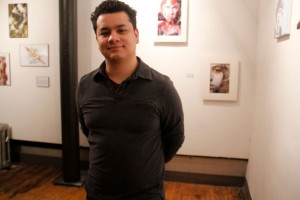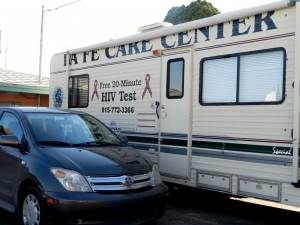LATINO MEDIA REACTION
Response by the Latino media to President Obama’s Jan. 25 State of the Union speech was, for the most part, a positive one, with headlines such as “Obama pide esfuerzo bipartidista para ganar el futuro,” found in Univisión.com
Univisión and Galavisión offered voice-over translation of the live speech. As did other print and broadcast media, San Antonio’s weekly La Prensa highlighted a number of issues of greatest concern to the Spanish-speaking community. It stressed, “Immigration reform and the DREAM Act are still priorities of President Barack Obama, according to statements from the White House,” and continued, “This is the third time that the President defends the need for immigration reform in a speech before Congress.”
With education being at the top of the list as the means to “win the future,” Obama took the opportunity to mention the “hundreds of thousands of students excelling in our schools who are not American citizens.”
He urged Congress to work in harmony in addressing once and for all the issues of illegal immigration and to “stop expelling talented and responsible young people who could be staffing our research labs or starting a new business, further enriching this nation.”
In a column syndicated by Hispanic Link News Service, José de la Isla, author of The Rise of Hispanic Political Power, saw the President’s comments as “an interesting juxtaposition of student situations.”
“Had the DREAM Act passed, the ‘best and brightest” U.S. resident students it covered already would have been home” de la Isla said. In Obama’s plan for innovation, research for cleaner energy technologies plays a big role to increase job opportunities and compete with other nations.


